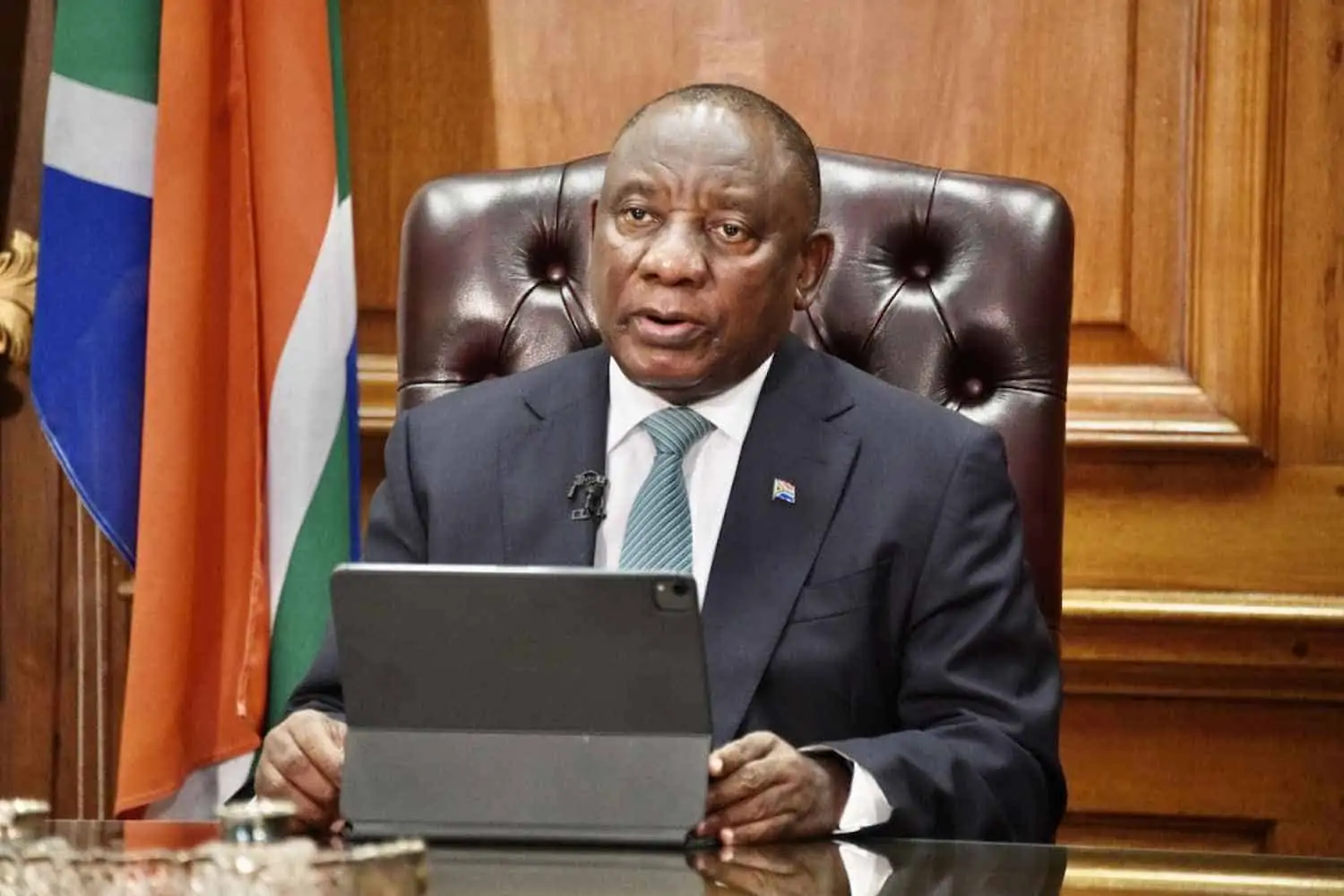President Cyril Ramaphosa revealed that after numerous consultations held over the weekend with scientists and political leaders, a decision was taken to keep the country at Alert Level 1.
Alert Level 1 remains with these restrictions
Addressing the nation in what’s come to be known as ‘family meetings’, Ramaphosa confirmed the Omicron variant as the latest COVID-19 mutation to lift South Africa into a fourth wave of the coronavirus pandemic.
“The early identification of this variant is a result of the excellent work done by our scientists in South Africa and is a direct result of the investment that our Science and Innovation and Health Departments have made in our genomic surveillance capabilities. We are one of the countries in the world that set up a surveillance network throughout the country to help us monitor the behaviour of Covid-19,” Ramaphosa said.
After a number of high-level consultations, Ramaphosa announced the country will remain on Alert Level 1, with these restrictions in place:
- Curfew remains in place between 00:00 and 04:00
- No more than 750 people may gather indoors and no more than 2 000 people may gather outdoors. Where the venue is too small to accommodate these numbers with appropriate social distancing, then no more than 50% of the capacity of the venue may be used
- No more than 100 people are permitted at a funeral, and night vigils, after-funeral gatherings and ‘after-tears’ gatherings are not allowed
- The wearing of masks in public places is still mandatory, and failure to wear a mask when required remains a criminal offence
- The sale of alcohol is permitted according to the regular licence conditions, but may not be sold during curfew hours
The president noted that infections and hospitalisations will be monitored very closely over the next week “to determine whether the existing measures are adequate or whether changes need to be made to the current regulations.”
“We have the ability to determine the path our country will take. Every one of us needs to get vaccinated. Every one of us needs to practice the basic health protocols like wearing masks, washing or sanitising our hands regularly, and avoiding crowded and closed spaces,” he said.
